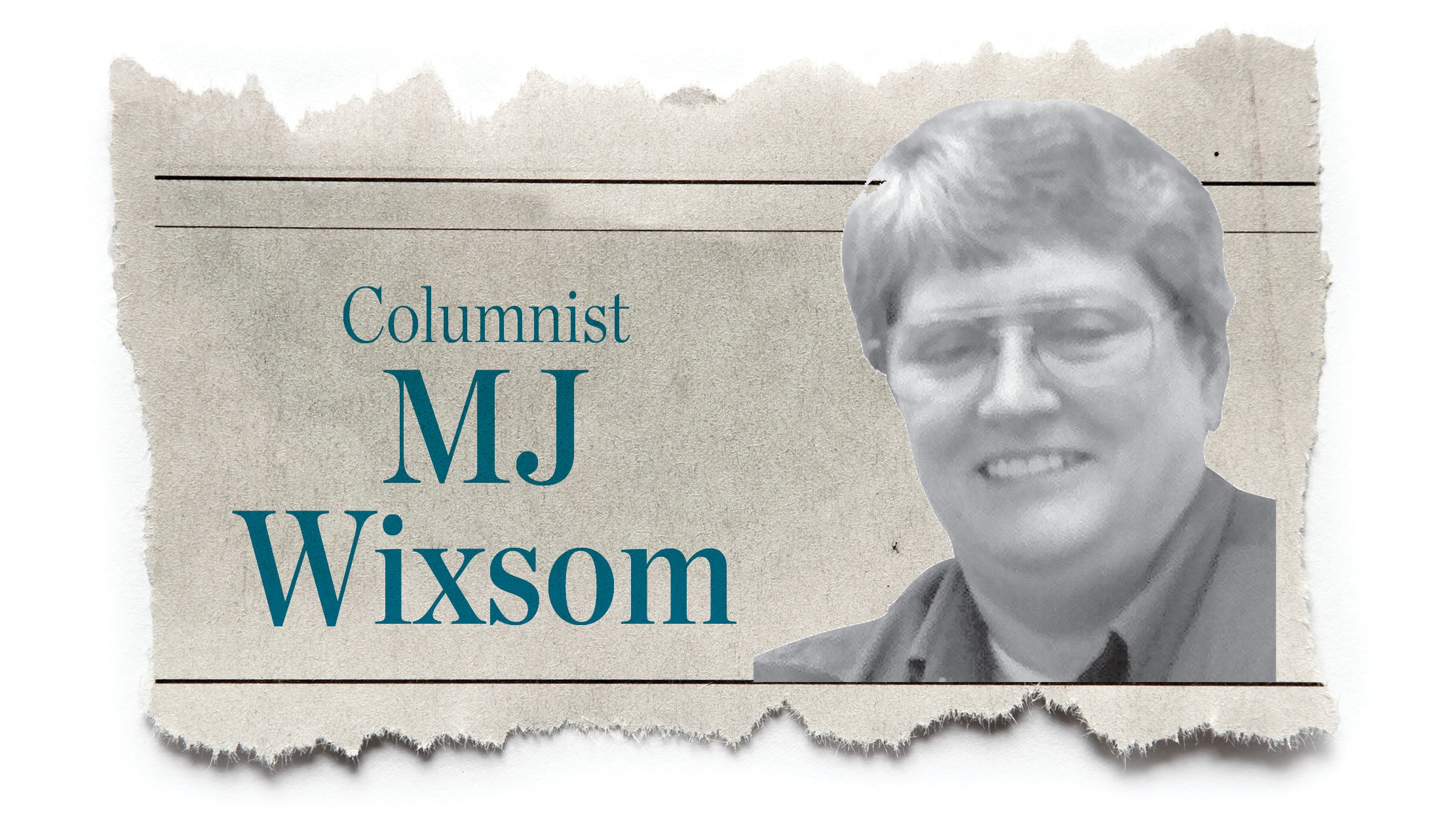Compromise should rule
Published 11:38 am Friday, October 18, 2013
The government shutdown and debt ceiling crisis were events that never needed to happen. They came about because some in government failed to understand that government is entirely about compromise.
Power is always imbued with temptation to abuse its limits but in American politics power and public support are tenuous at best, and fleeting when judged to be excessive.
The public made its judgment on the shutdown and deemed the Republican Party and the Tea Party to bear most responsibility for what Senator John McCain described as a “shameful chapter” for the party. Using political power to attempt to coerce their goals was seem as an excessive use of power and an overreach of ideology.
Several polls asked the American people if they prefer political compromise over fixed positions and in every poll over 60 percent of Americans said they expect politicians to practice compromise not political rigidity.
As much as the shutdown was wasteful and harmful, it may in the end serve a useful purpose if it reminds those elected that good government requires working together for the nation even when your own goals cannot be completely met.
The underlying issue of the federal government is about taxing and spending, as it always is. We actually want some conflict over those concepts, but conflict with resolution. It is the resolution that has been lacking because compromise has been elusive.
Republicans are unyielding that they cannot accept any increase in taxation, a position seen as a virtue by many Republican voters.
Democrats are unwilling to accept and reductions on Medicare or Social Security, a position equally important to democratic voters.
But no long term Grand Bargain can take place unless both sides soften their absolute positions. Frankly no budget can be constructed without both sides yielding on these issues.
The Republican position is unsupported by several facts. First, federal revenue as a percentage of GDP is at 15.8 percent in 2012, considerably lower than the average of 18.8 percent over the last three decades. Both individual and corporate tax collections are significantly below 30 year norms. We are collecting less revenue at the same time our expenses have increased for programs like Social Security and Medicare where more seniors are retiring. Clearly, we cannot continue to starve programs Americans want in order to keep revenues under realistic levels.
The Democratic position is equally unsupported as Social Security and Medicare are projected to consume over half the federal budget in the very near future, squeezing out many needed government functions if left unchanged.
All of this suggests that the likely outcome when the debt ceiling and budget are revisited will be more kicking the can down the road unless compromise as recalled as the way government always works best.
A Grand Bargain would include revenue increases, entitlement modifications and tax code simplification, all of which is possible and has been accomplished in the past by elected officials who believed more in America than in their own interests.
But that ability, to appreciate that positions other than your own have merit, seems a consideration lost on the Tea Party, whose actions so far have been dedicated solely to deconstruction of all they touch. It was, after all, the tea Party leader, Senator Cruz, that nudged Republicans in the House to shut down the government until their demands were met. That type of politics will never provide good government and never has served the nation.
Perhaps there are enough good men and women in congress to serve their nation by working together for the good of the country. The shutdown may just provide both the opportunity and the momentum.
Jim Crawford is a retired educator and political enthusiast living here in the Tri-State.





